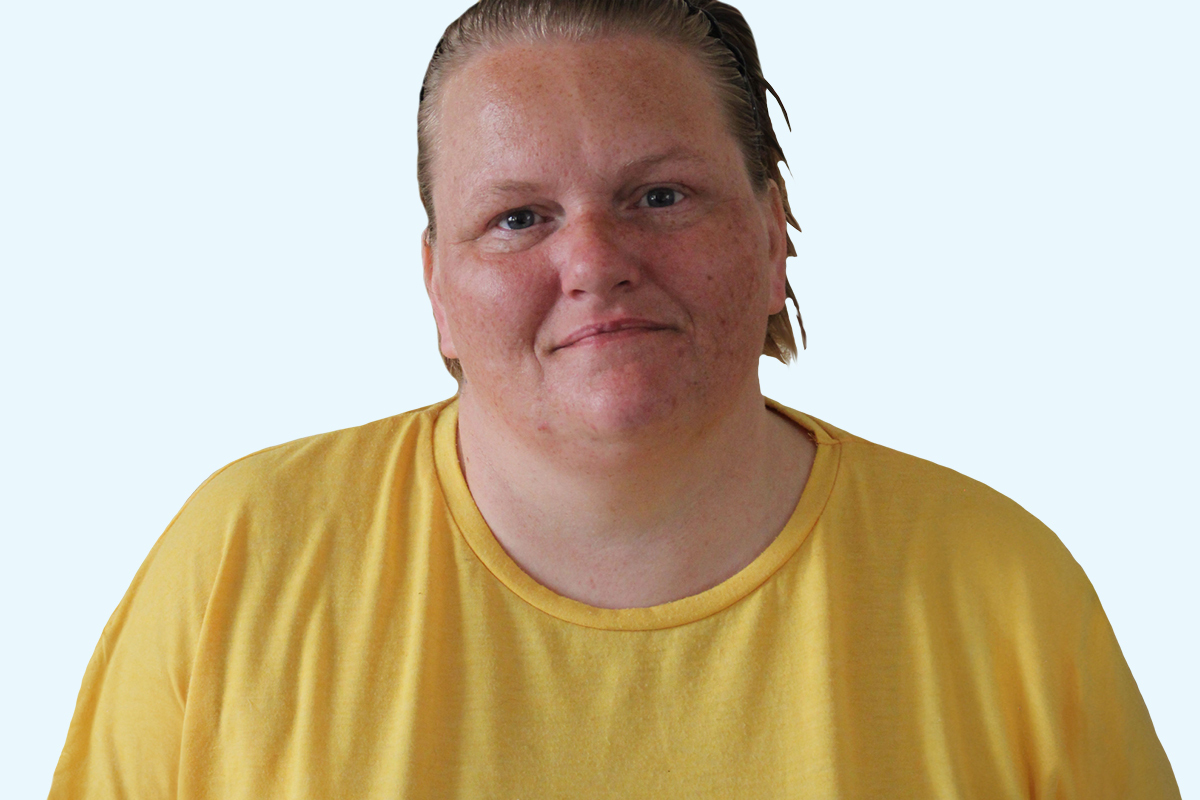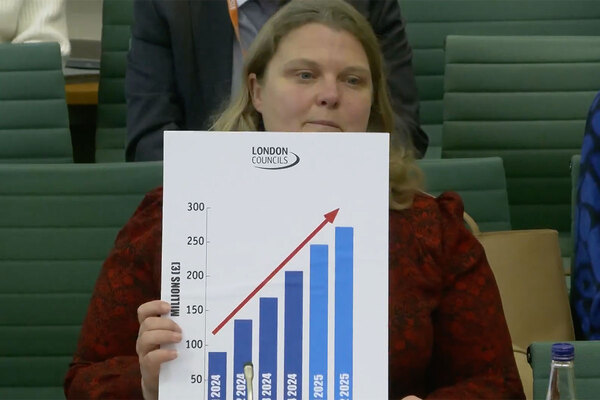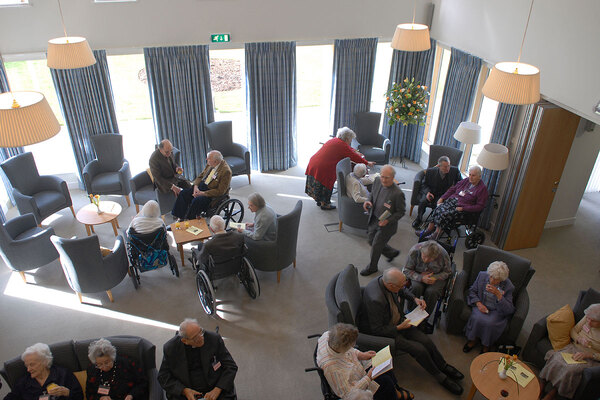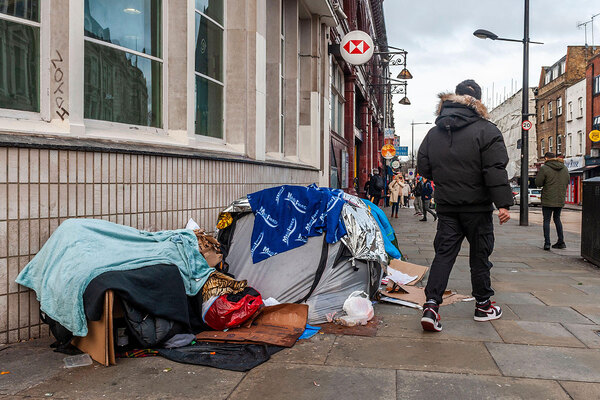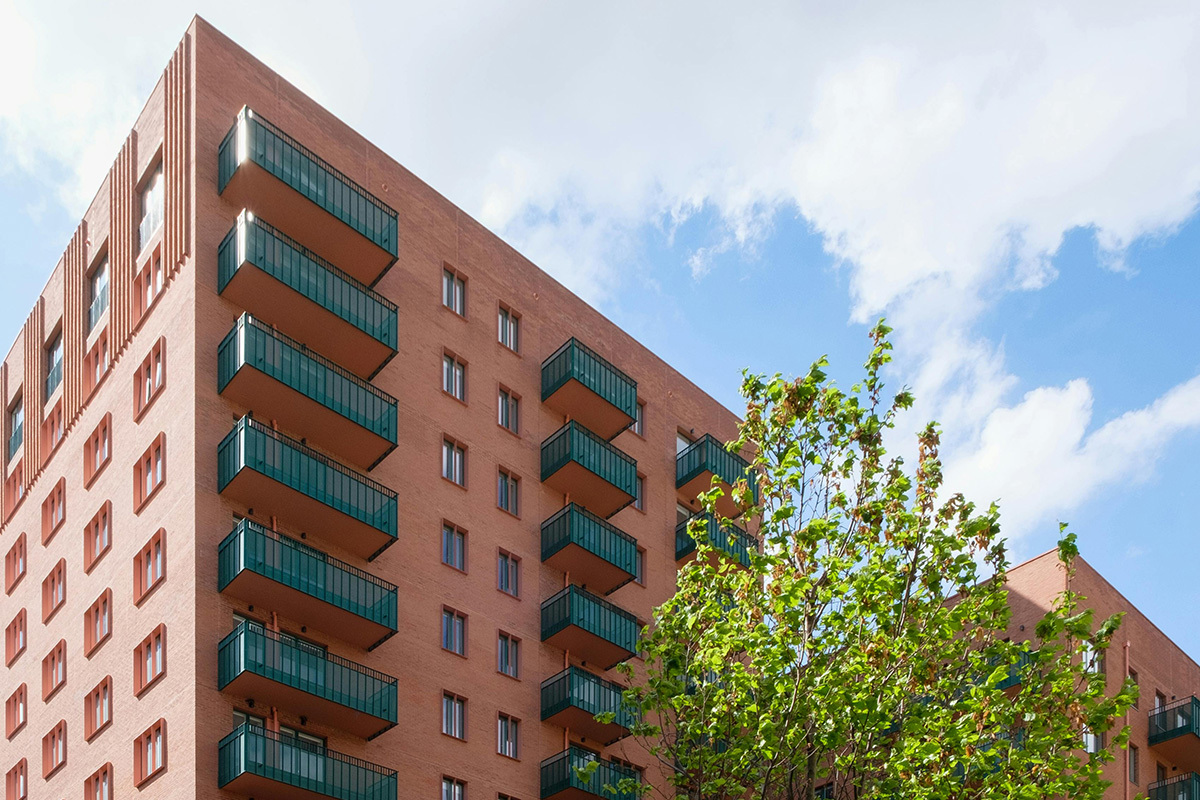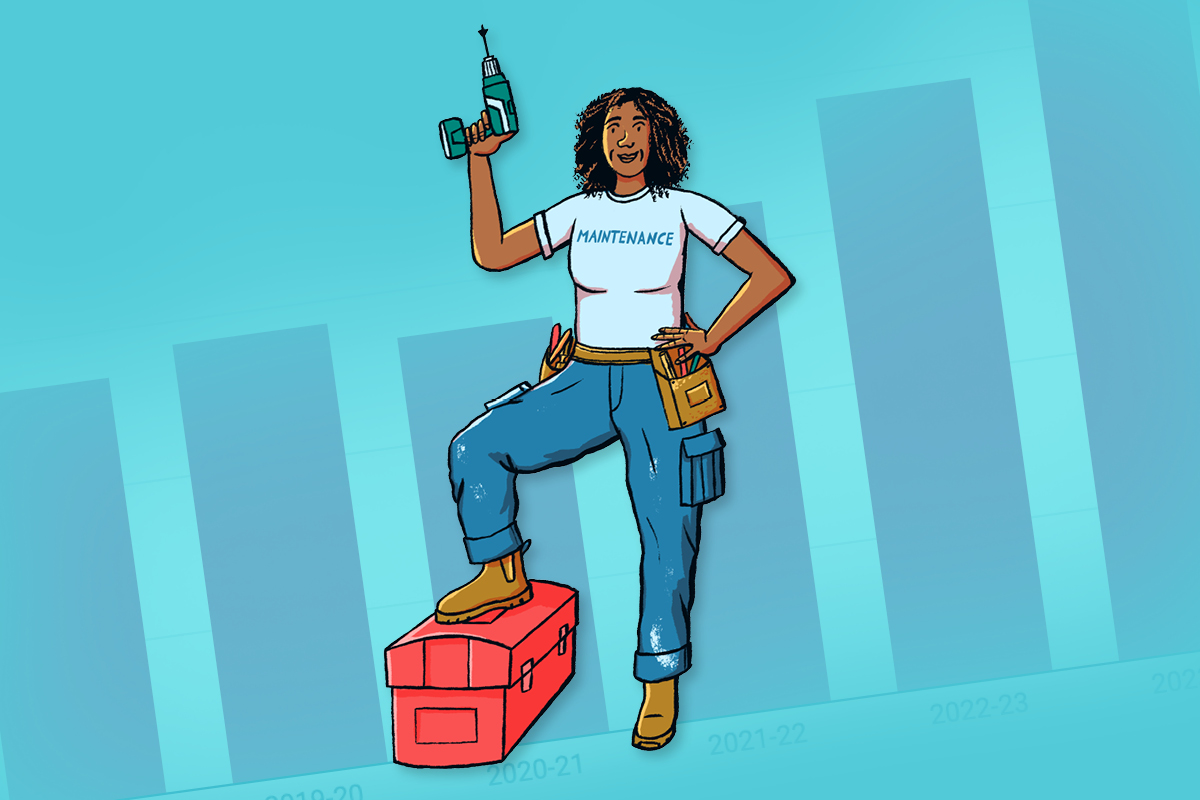The bedroom tax is still with us and still not working
We are punishing poor people in social housing for their changing family circumstances and the lack of alternative housing options, writes Zoe Marlow from Wythenshawe Central Community Network and the Manchester Social Housing Commission
Social housing means everything to me. I’ve lived in council and housing association homes all my life. It’s provided me with a decent and affordable home, predictable rent rises and security of tenure, meaning stability for myself and my two children, and real belonging to my local community in Wythenshawe, where I am a volunteer food bank manager. But that security has been thrown into disarray in recent years as my personal circumstances have combined disastrously with welfare reform and the acute shortage of genuine social rented housing.
I am a survivor of domestic violence. My abusive partner moved out in 2018, leaving me with my two kids and a growing backlog of rent arrears. I became a full-time carer for my son, who has very complex special educational needs and his bouts of anger turned into violence against me. Soon after, my social landlord tried to evict me. They would sometimes send me 12 copies of the same rent demand through the door – which one judge called harassment. Fortunately, the court found in my favour as a carer for a child with special needs, and I just had to pay £5 a week towards my arrears.
But I really didn’t want my daughter to go through this, especially with her exams coming up, so she moved out to live with her grandparents. That’s when I got hit by the bedroom tax – by protecting my daughter, I was now ‘under-occupying’ our three-bedroom house, and my housing benefit was cut by 14% a week. As I was still paying for my daughter’s upkeep, my rent arrears got worse again, leading to more unsuccessful eviction proceedings.
“My personal circumstances have combined disastrously with welfare reform and the acute shortage of genuine social rented housing”
The resulting stress on me undoubtedly contributed to a deterioration in my son’s condition. I could no longer look after him. I managed to get him into supported accommodation 18 miles away because there was no such specialist housing in my area. Fortunately, he has really benefited from this move, and our relationship has improved. But the downside is that I now had two spare bedrooms, meaning more bedroom tax – a 25% reduction in my housing benefit. I did get a Discretionary Housing Payment that cleared half of my arrears, but my change in circumstances put me on Universal Credit, paid in arrears with a long initial wait, so I went without any income for two months. This meant my rent arrears were back to square one. And with my own physical health deteriorating leaving me with mobility issues, I had to permanently move downstairs, meaning I was paying for three bedrooms that I couldn’t even use, in a house that I couldn’t afford to heat any more.
You might be thinking: why didn’t she just move to a smaller home? Well, I have been trying to for the past seven years! When I spoke to the landlord’s financial inclusion team, I told them this was a wonderful family home that needs a family in it, and begged them to help me move into a smaller home that I could afford. They told me that I would not be able to move until I cleared my rent arrears, but each week I am living here, my rent arrears go up because of the bedroom tax. They asked me if I had any relatives who could pay my debts off, but my parents died when I was young and I have no other family to help. I stopped going outside, didn’t eat much, couldn’t afford to put the kettle on, and was using a gas stove that my neighbour gave me.
“I stopped going outside, didn’t eat much, couldn’t afford to put the kettle on, and was using a gas stove that my neighbour gave me”
A lot of people are going through this. And that’s why I’ve got involved in the Manchester Social Housing Commission, to work for policy change. We obviously need millions of new homes, and as our report argues, the most urgent need is for social rented homes. The bedroom tax is still here, punishing poor people in social housing for their changing family circumstances and the lack of alternative housing options, and keeping us trapped in an arrears spiral that prevents us from moving to a smaller home that we can afford.
Through the commission, I have been able to speak with those at the top of my social landlord organisation, and can now bid for properties and my rent arrears won’t prevent me from me moving. But this experience has made me realise just how little spare social housing there is in my area and how completely unaffordable rents are in the private sector and in parts of the social sector, too. It’s encouraging that Manchester City Council is working in partnership with other social housing providers to offer financial and other support to encourage rightsizing. But their hands are largely tied without government support. That’s why, as well as funding more social homes, the government has to abolish the bedroom tax.
Sign up for our daily newsletter
Already have an account? Click here to manage your newsletters
Latest stories
